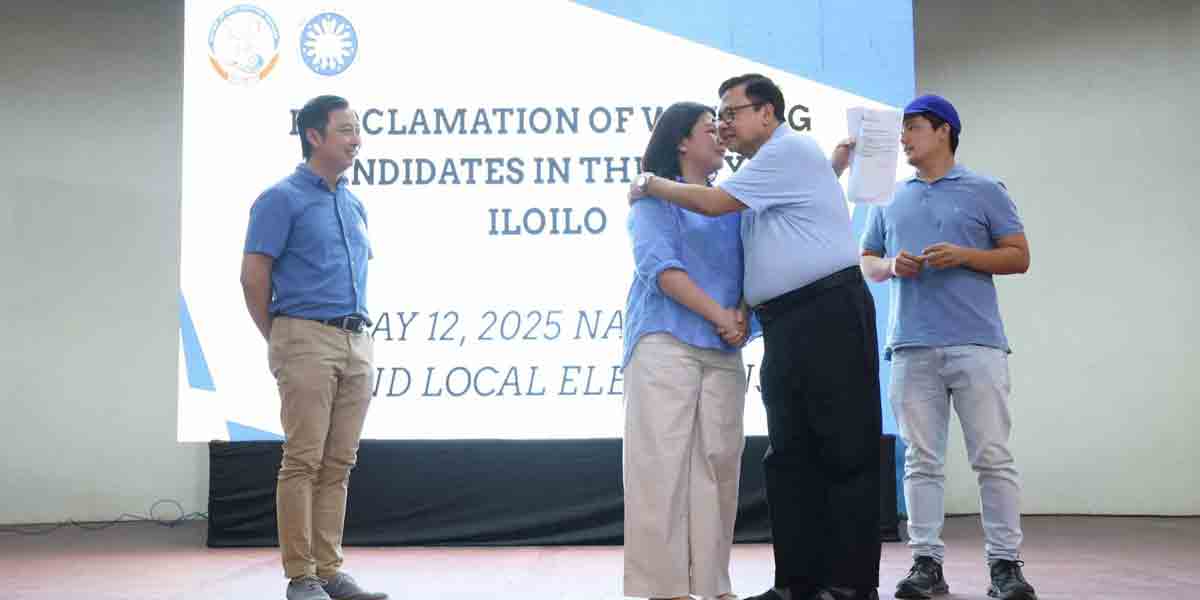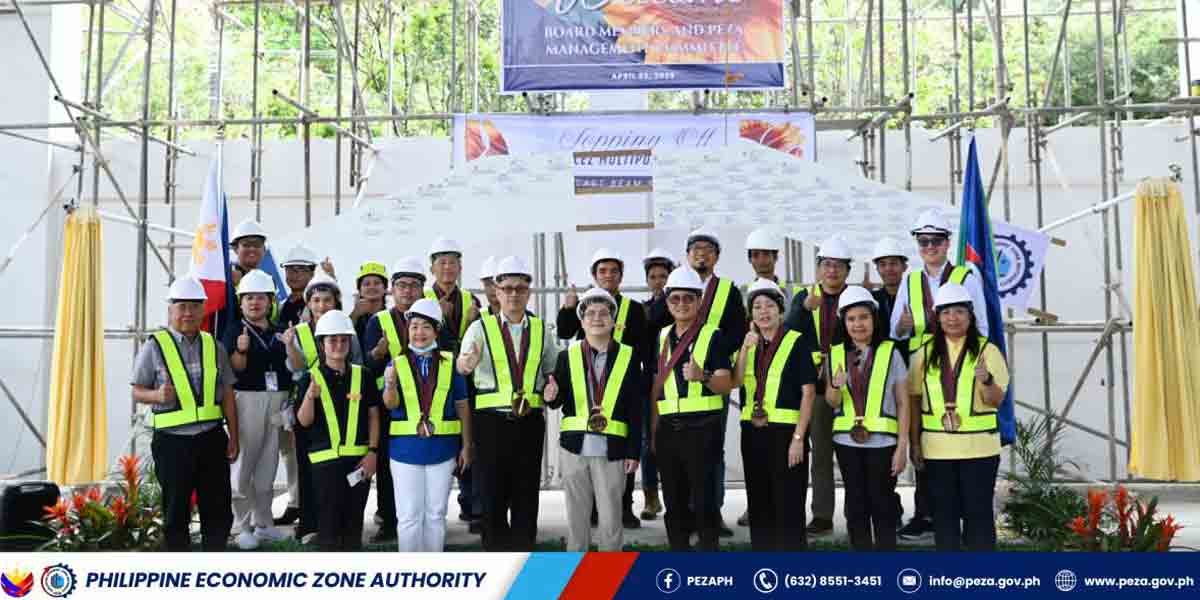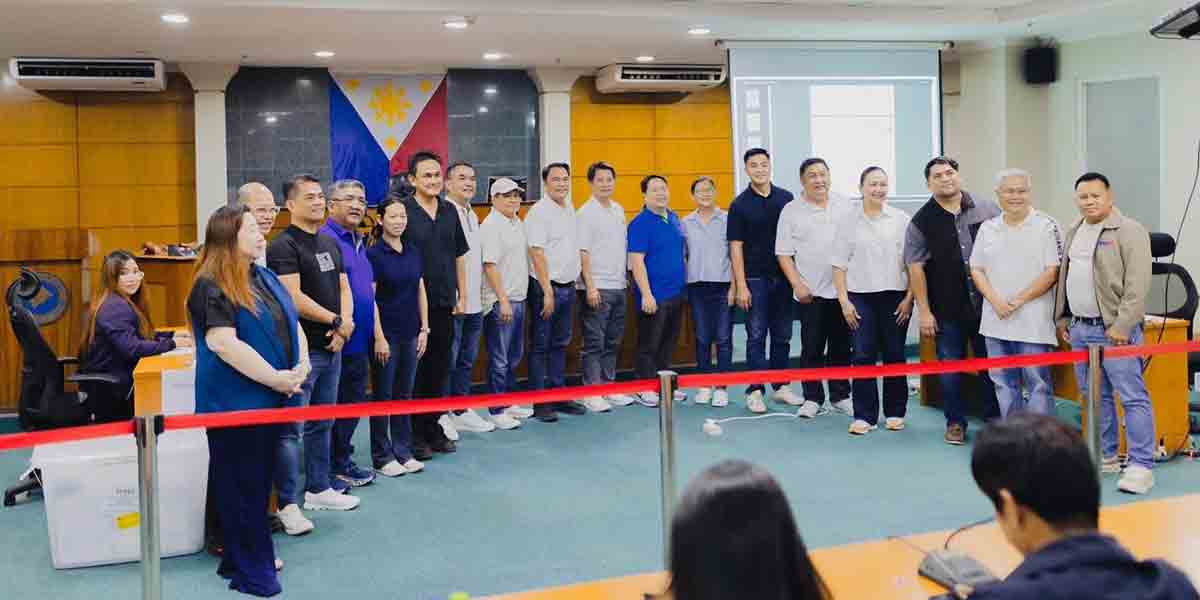By Herman M. Lagon
There is always that one person in every workplace who seems to possess everything—charming, confident, and constantly in the spotlight. However, a closer examination frequently reveals that this person’s apparent talent is a fluke. These imposters have the potential to erode trust and morale, creating a hostile work environment. In most cases, these phonies are congenitally inadequate, causing substantial dissonance within the supposed harmonious atmosphere of the workplace.
These charlatans assume the persona of knowledgeable and competent professionals, but their credentials, abilities, and achievements are inflated or fabricated. They claim to be experts in fields they barely comprehend and employ deceitful strategies to gain credibility and an edge. This dishonest conduct can have severe repercussions, especially when the individual offers adverse, disparaging commentaries without presenting feasible alternatives or resolutions.
Consider a coworker who perpetually demeans others to elevate themselves, engages in destructive criticism, and claims credit for others’ accomplishments. Such unhealthy behavior exposes their incompetence, as they frequently place the blame on others and refuse to accept responsibility for their errors.
In front, they constantly praise the boss for trivial things, share fake smiles with coworkers right after disguised slander, and unquestioningly agree with the supervisor even when the point is flawed or unjust. Behind the scenes, they betray those who support them, envy those who excel, ostracize those with differing views, and only exert effort when they receive additional rewards. It seems deceit, betrayal, self-entitlement, and opportunism are deeply ingrained Machiavellian habits in their everyday psyche.
They might be impolite, unkind, rude, and excessively belligerent, concealing their deficiencies and insecurities with arrogance, bravado, or cliques. Such conduct is not merely irritating but also counter-productive. Sincere employees may lose motivation, adversely affecting the team’s performance.
How does one spot a false pretender? The key is to validate their credentials and accomplishments. Check for any inconsistencies in their stories and actions, and consult others who may have a better understanding of them. Ask detailed questions about their claimed expertise, and insist on comprehensive and precise answers. Maintaining a healthy skepticism until their claims are verified is crucial to avoid falling for their deceptive schemes.
The presence of false pretenders negatively impacts workplace culture. Authentic employees may feel devalued and frustrated when imposters receive undeserved recognition and opportunities. This frustration frequently leads to decreased productivity and motivation. A deterioration in trust between employees and management may prompt highly skilled personnel to seek more nurturing work environments, plateau, or simply turn off. These organizational shams can also inhibit innovation by discouraging employees from contributing ideas in a dishonest environment.
Hence, organizations need to implement stricter hiring and firing processes, such as thorough background checks and triangulated skill evaluations, to counter the detrimental effects of false pretenders. Equally important is creating a safe space for making mistakes and encouraging open and transparent communication and interdependent collaboration within the team. Regular and unadulterated performance evaluations can help identify inconsistencies in proclaimed and demonstrated performance. Above all, fostering a culture of integrity and meritocracy through transparent value communication and genuine recognition of contributions is paramount.
So, next time you encounter that overly charming colleague basking in the spotlight or often whispering to the boss, remember that still waters run deep, and not all that glitters is gold. Look closer; you may discover a false pretender whose polished surface conceals an empty core or whose loud banter shields shallow wit. These impostors are toxic, fragmented, or balkanized. But by remaining vigilant and self-aware, we can insulate ourselves from their toxicity and maintain our workplaces’ sanity, integrity, and efficiency.
In the end, nurturing a culture of honesty, kindness, discernment, collaboration, and transparency is crucial. Organizations can eliminate pretenders and recognize true talent through merit-based, data-driven “ways of proceeding.” Let’s ensure credit and value go to those who genuinely deserve it, creating a positive, productive, and sustainable environment where real expertise thrives and everyone can shine.
***
Doc H fondly describes himself as a ‘student of and for life’ who, like many others, aspires to a life-giving and why-driven world grounded in social justice and the pursuit of happiness. His views do not necessarily reflect those of the institutions he is employed or connected with.

























